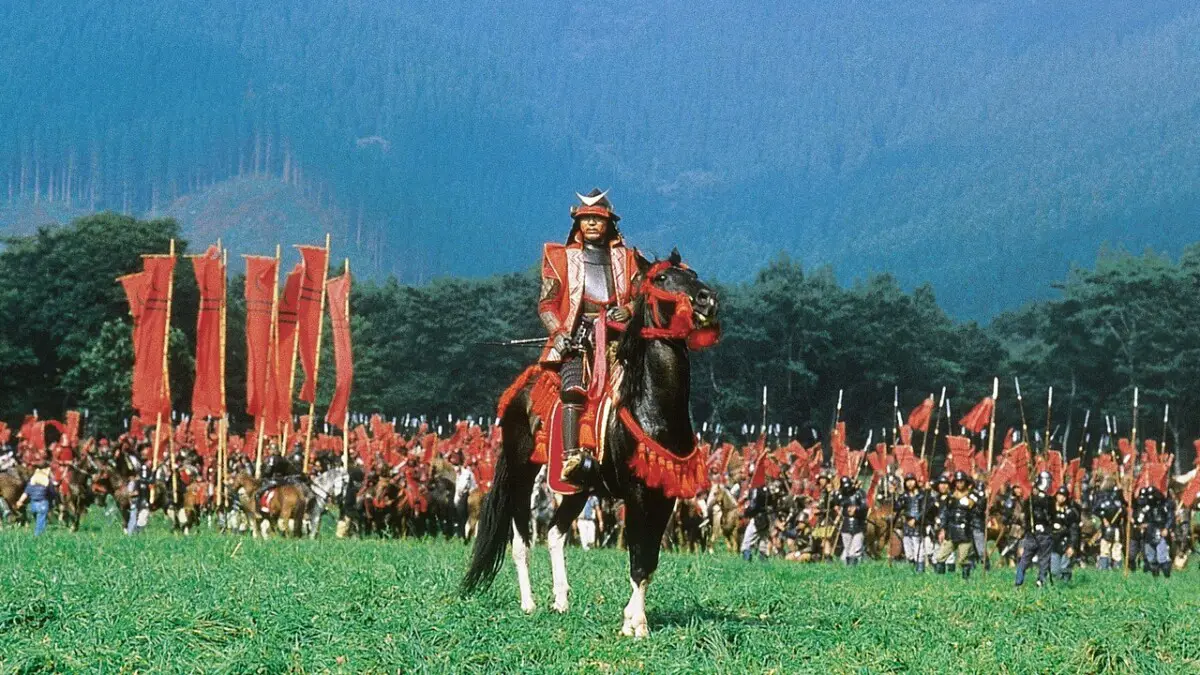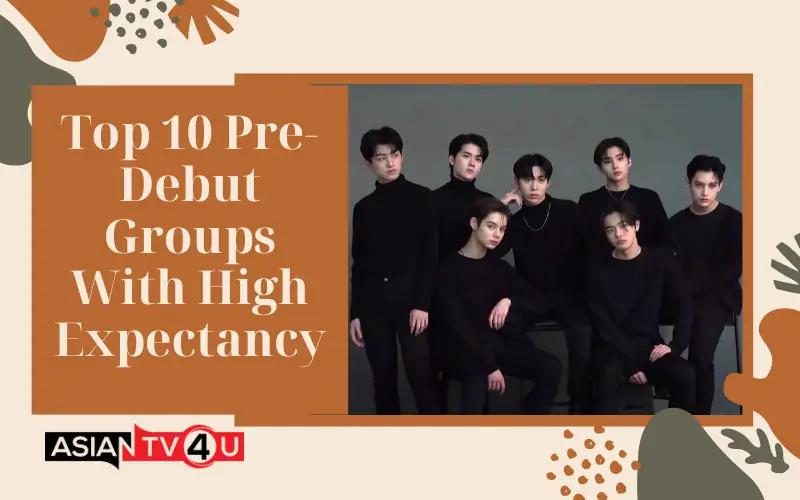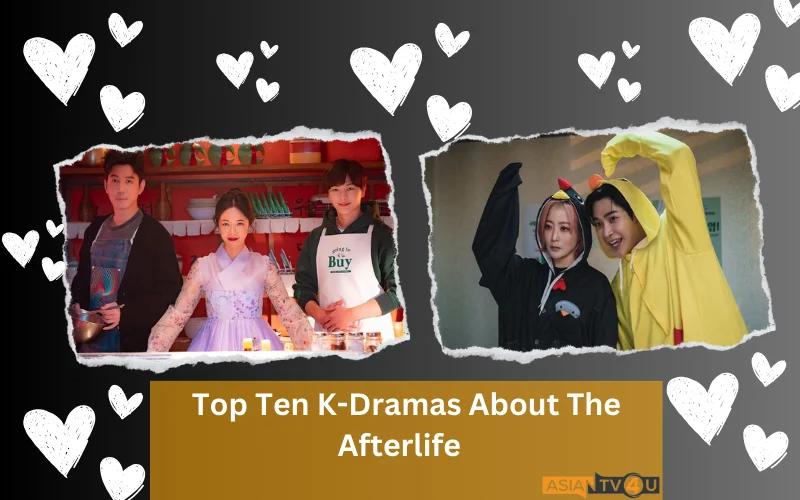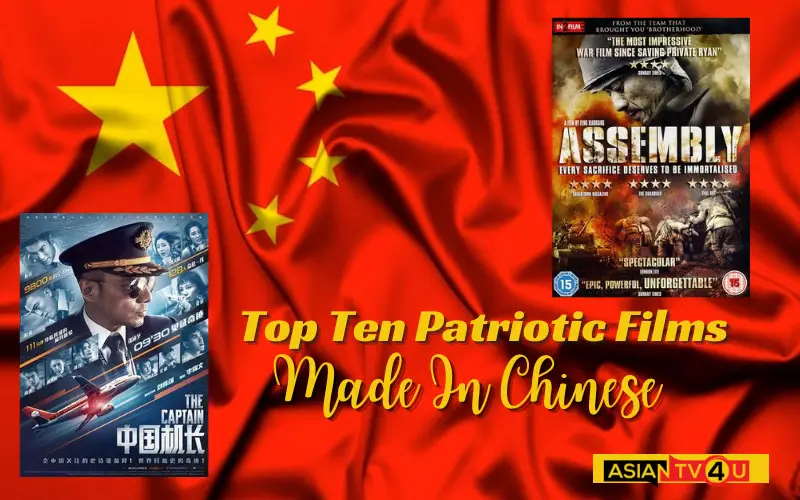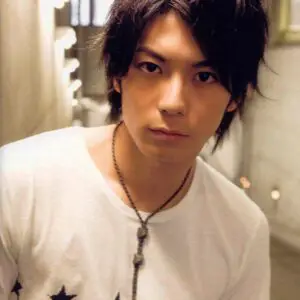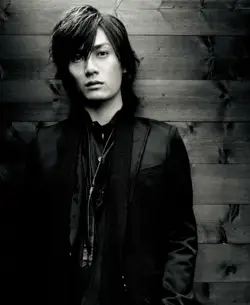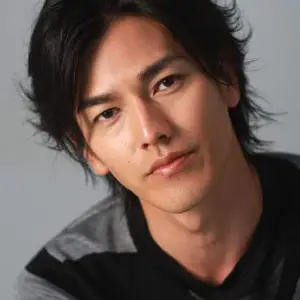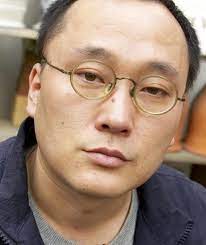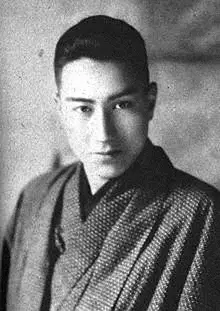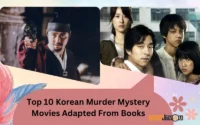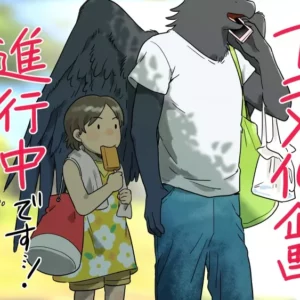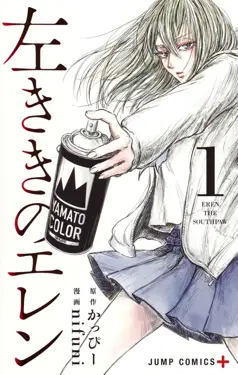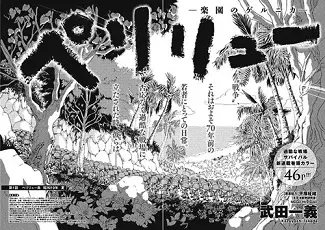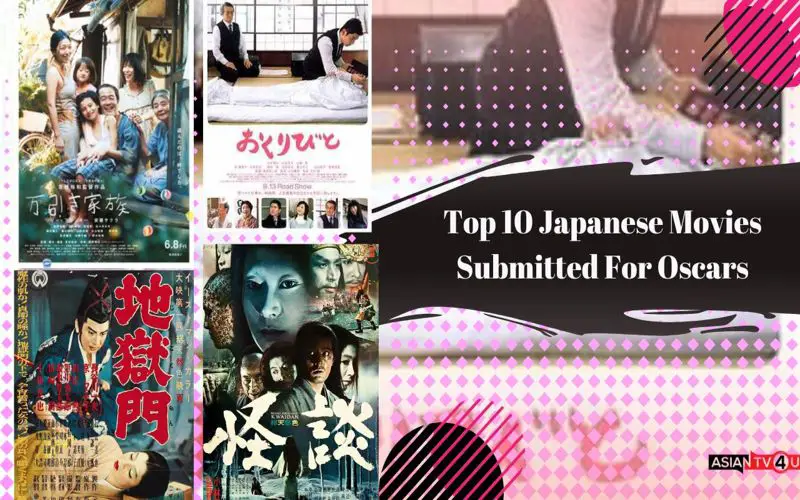
Drive my Car (2021) by Ryûsuke Hamaguchi is the first movie that is nominated for Best Picture at the Oscars thus creating history. Apart from this, the movie is also nominated for three other categories including Best Achievement in Acting. With one of the world's richest cinematic cultures, Japan should theoretically have so many Oscars on its collective shelf that it needs to return to Ikea. However, only one Japanese film has ever received the prize for the best foreign-language film: Departures in 2008. There is no simple explanation for why this is the case. Domestic Japanese filmmaking is still a relatively unknown commodity in the eyes of the Academy of Motion Picture Arts and Sciences, and it wasn't until Departures that they began to take it seriously.
1. Ugetsu (1953)
Ugetsu is a film that explores a variety of themes, including ambition on the verge of becoming avarice, fantasy attempting to overcome love, and a fragile peace shattered by a catastrophic conflict. The film follows a potter pursuing riches and a would-be warrior who put the safety of their wives ahead of their professional ambitions.
One of Kenji Mizoguchi's numerous well-known films, Ugetsu, was curiously not nominated for Best International Feature Film. However, it was nominated for a Golden Globe for Best Costume Design. The costumes, as well as many other components of the picture, are outstanding.
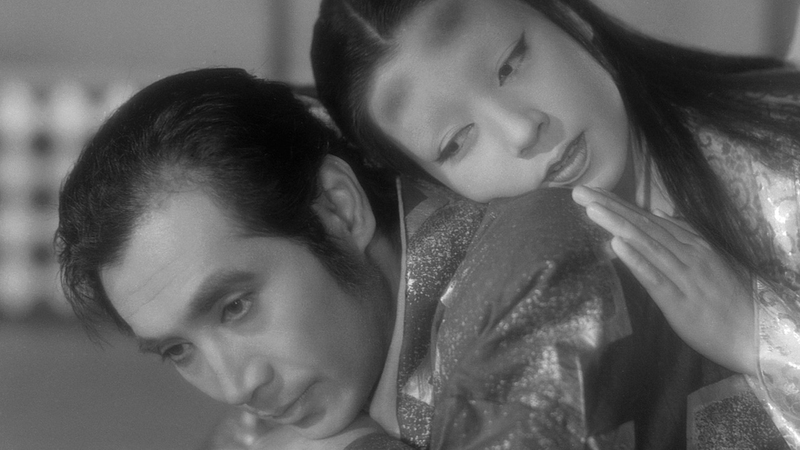
2. Kwaidan (1964)
Masaki Kobayashi reached the pinnacle of his filmmaking just as Japan's golden period was coming to an end, yet his pictures stand up to the best. Hara-Kiri (1962) and The Human Condition (1959-61) are huge, horrific films that deserve respect. Kwaidan is a gripping compilation of four supernatural horror stories, but on a smaller scale than Kobayashi's previous films from a few years ago. Because horror films are rarely recognized at the Academy Awards, it's interesting that Kwaidan was the only one of Kobayashi's films to be nominated for Best International Feature Film.
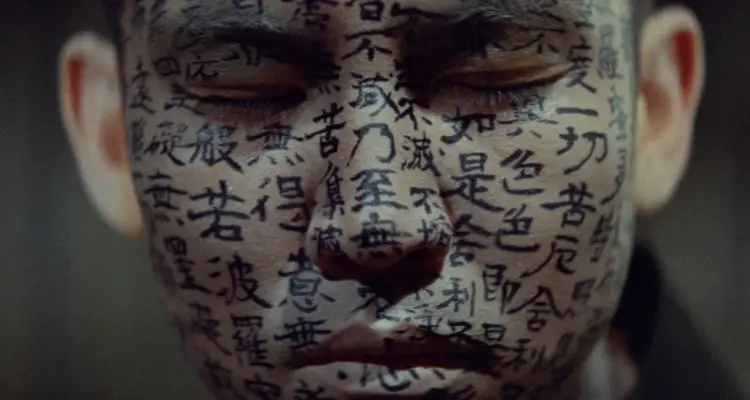
3. Shoplifters (2018)
Shoplifters is a film about a poor family who relies on shoplifting to get by. They take a neglected youngster home with them one night to serve her food. They choose to retain her and raise her as their own child. Hirokazu Koreeda, widely regarded as one of the best modern Japanese directors, directed the picture. Nobody Knows (2004), Still Walking (2008), and Like Father, Like Son are some of his previous films (2013). Shoplifters is his only picture to be nominated for Best International Feature Film, and it is the first time in a decade that a Japanese film has been nominated.
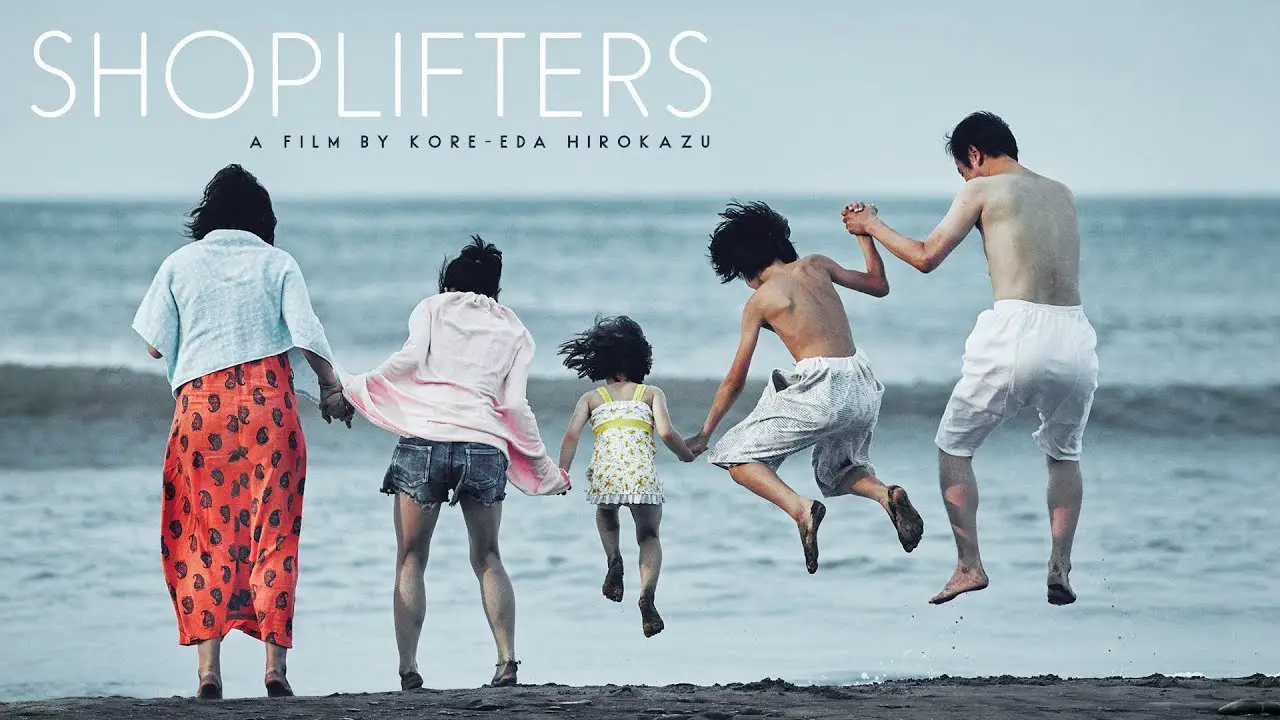
4. Samurai I: Musashi Miyamoto (1954)
Hiroshi Inagaki directed a trilogy on Musashi Miyamoto, a famed and historical samurai. Each film in the trilogy has received positive reviews. Samurai I: Musashi Miyamoto is the first episode of the trilogy and won Best International Feature Film at the 1955 Academy Awards. It is one of Jane Campion's favorite films. Takezo, played by Toshiro Mifune, is a Japanese cinema hero who finds himself on the losing side of a regime-changing fight. He and his partner are fleeing from the victorious side's fighters. Throughout the video, the banned warrior is seen avoiding several hazards until being granted the rank of samurai and given the new name Musashi Miyamoto.

5. Gate Of Hell (1953)
The 1950s are usually regarded as the golden age of Japanese filmmaking, so it is no surprise that three Japanese films, including Gate of Hell, were awarded at the Academy Awards during this period. The film is also the first and only Japanese film to receive two Academy Awards, for Best International Feature Film and Best Costume Design. The story of a samurai who falls in love with a lady-in-waiting is told in Gate of Hell. He approaches her and begs for her hand in marriage, only to find out she is already married. He, on the other hand, will not accept no for an answer and will force her to comply. The samurai devises a plot to assassinate her husband, but the lady-in-waiting has her own scheme.
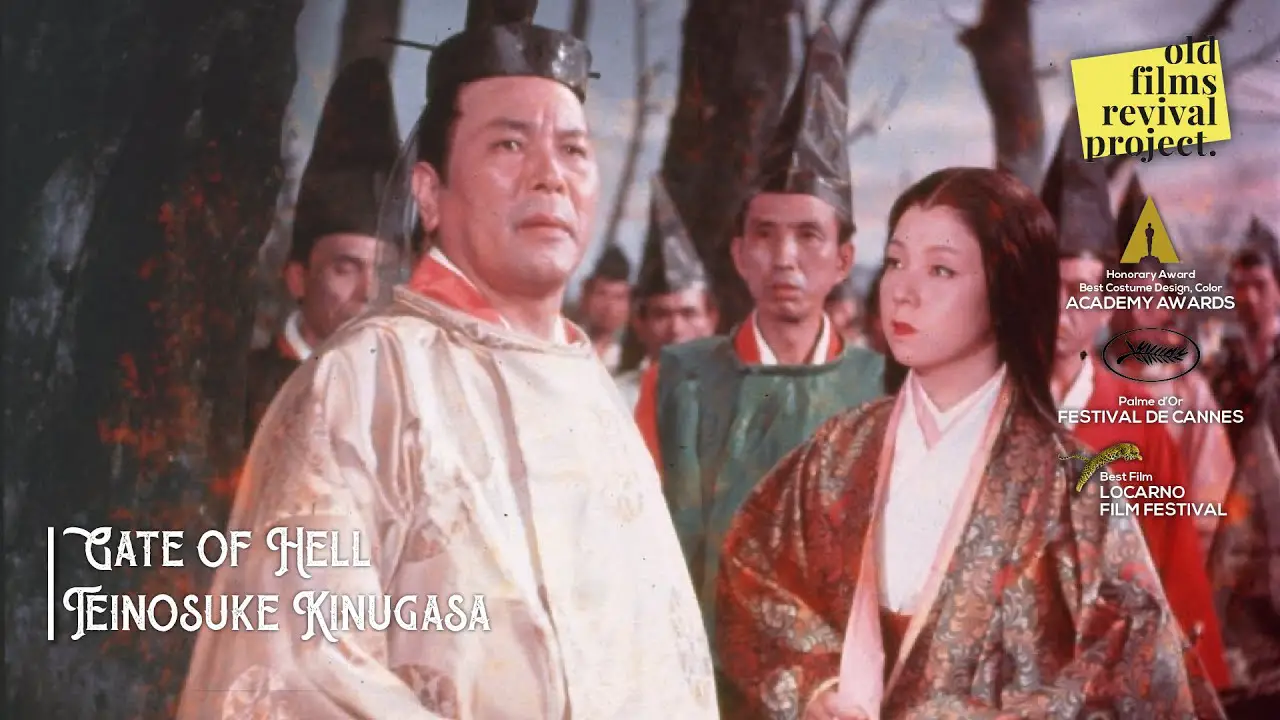
6. Departures (2008)
The triumph of Departure at the 2009 Academy Awards for "Best Foreign Language Film of the Year" was remarkable because no Japanese film had won the honor or any of its predecessors since 1955. A cellist loses his job and goes to his hometown with his wife in Departures. He chases what he believes is a job with a travel agency because the job description says "assisting departures." He realizes, however, that it is truly a job preparing the deceased for cremation, and he is enticed to stay because of the salary. He hides how he makes money from his wife because he is embarrassed by it, but he will not be able to hide it long.
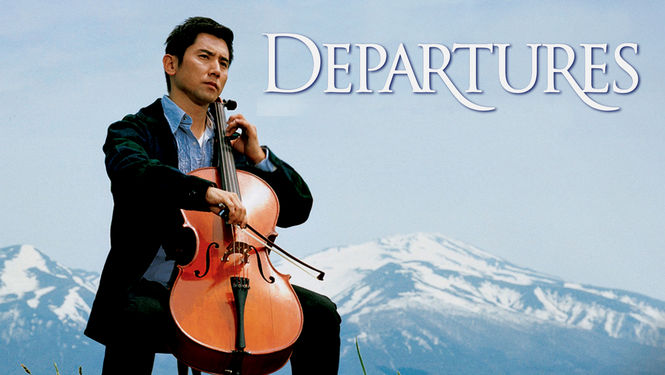
7. Spirited Away (2001)
Spirited Away, widely regarded as one of the finest animated films of all time, follows Chihiro, a 10-year-old girl who falls into the fanciful and deadly spirit realm of the kami. Studio Ghibli's Hayao Miyazaki received the Academy Award for Best Animated Feature Film. If the picture had been released sooner, it would almost certainly have garnered more nominations.
In many aspects, the film is a study of Western cultural effects on Japanese culture. When Chihiro and her parents relocate from the city to the outskirts, she encounters kami, Japanese folk spirits. There are also cunning references to capitalism, materialism, and pollution in Spirited Away. The film may be appreciated as a sequence of analogies or just as a fun children's narrative.
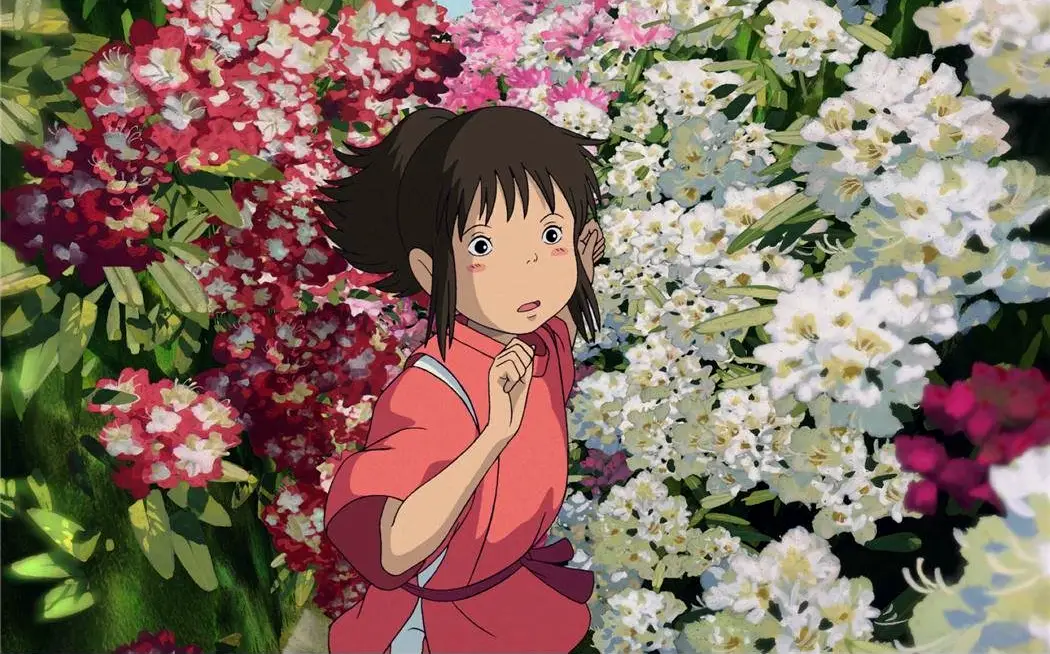
8. Rashomon (1950)
Akira Kurosawa, the director of Rashomon, had expected to have to retire from filmmaking due to recent professional failures. However, Kurosawa is without a doubt one of the most important filmmakers of all time, having influenced directors such as Sergio Leone, Francis Ford Coppola, Martin Scorsese, Steven Spielberg, and numerous others, cinema would be significantly less exciting if he retired. The picture not only succeeded well in Japan, but it also won the Golden Lion at the Venice Film Festival in 1951, placing Japanese cinema on the international map for audiences and critics. This triumph would last until 1952, when it won the Academy Award for Best International Feature Picture, making it the first Japanese film to do so.
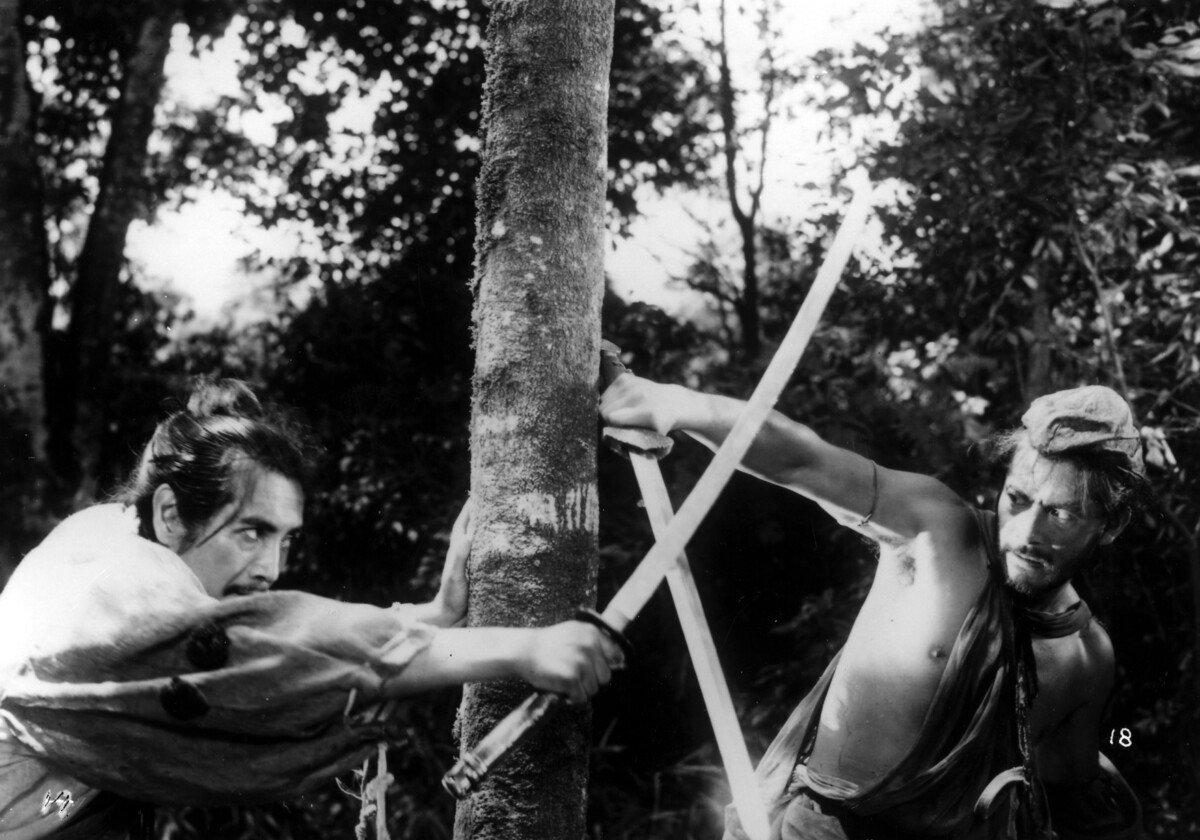
9. Woman In The Dunes (1964)
Woman in the Dunes is unquestionably the best film of Hiroshi Teshigahara, a Japanese avant-garde director. Despite his contempt for traditional filmmaking standards, Teshigahara was the first individual from Japan to be nominated for an Academy Award for directing, despite the fact that several Japanese films had previously gotten nominations.
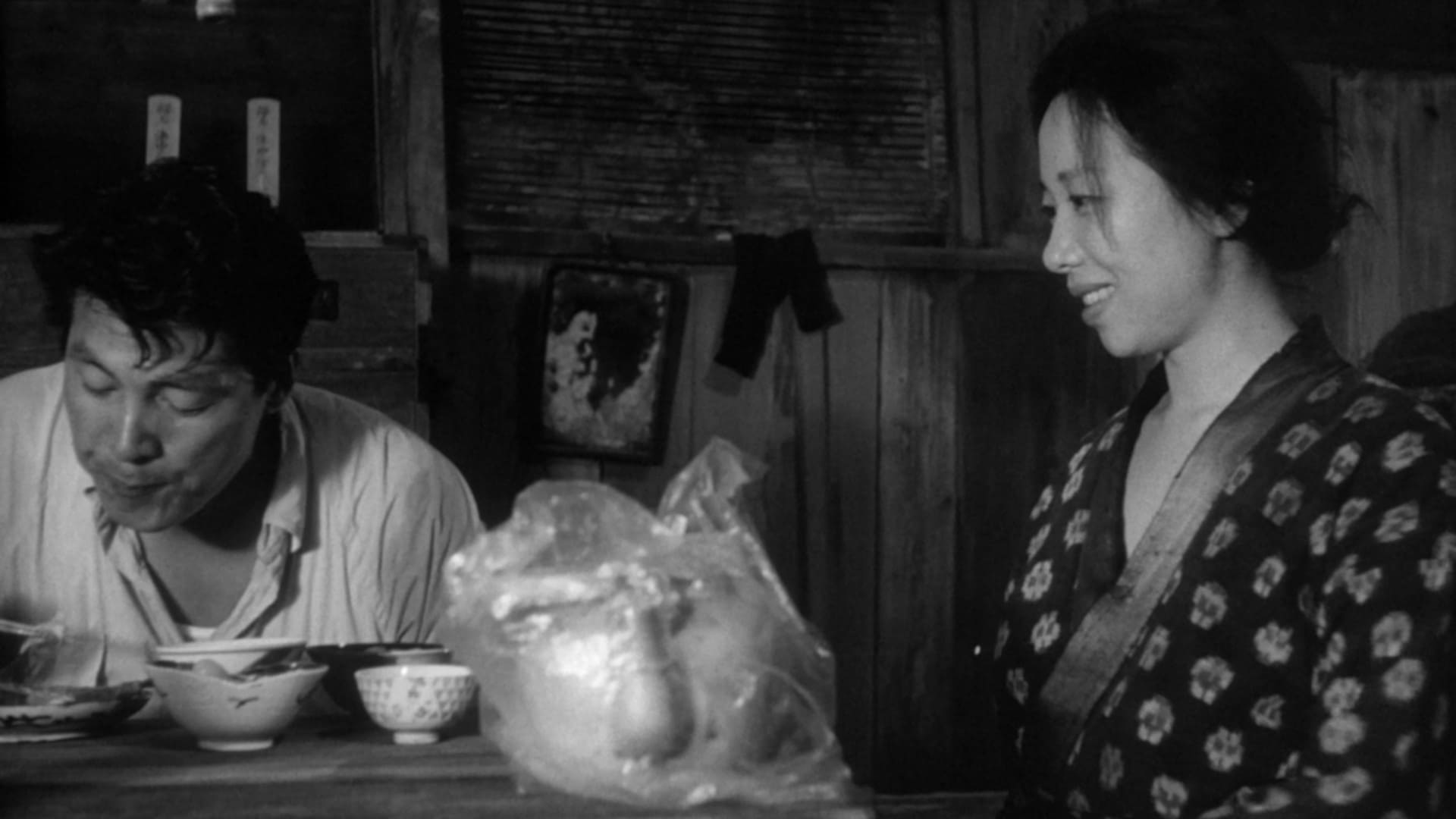
10. Ran (1985)
Ran also won two BAFTAs and was nominated for four more, making it the Japanese picture with the most Oscar nominations until it was tied by Drive My Car. Kurosawa earned his lone Academy Award nomination for directing this picture. The story of Ran revolves around a warlord who abdicates his throne and divides his realm among his sons, leading to betrayal and battle. It was Kurosawa's third time borrowing from Shakespeare, and it was heavily inspired by the playwright's King Lear. While most people consider Rashomon (1950) or Seven Samurai (1954) to be the filmmaker's greatest work, Ran is without a doubt his most epic and large-scale production.
